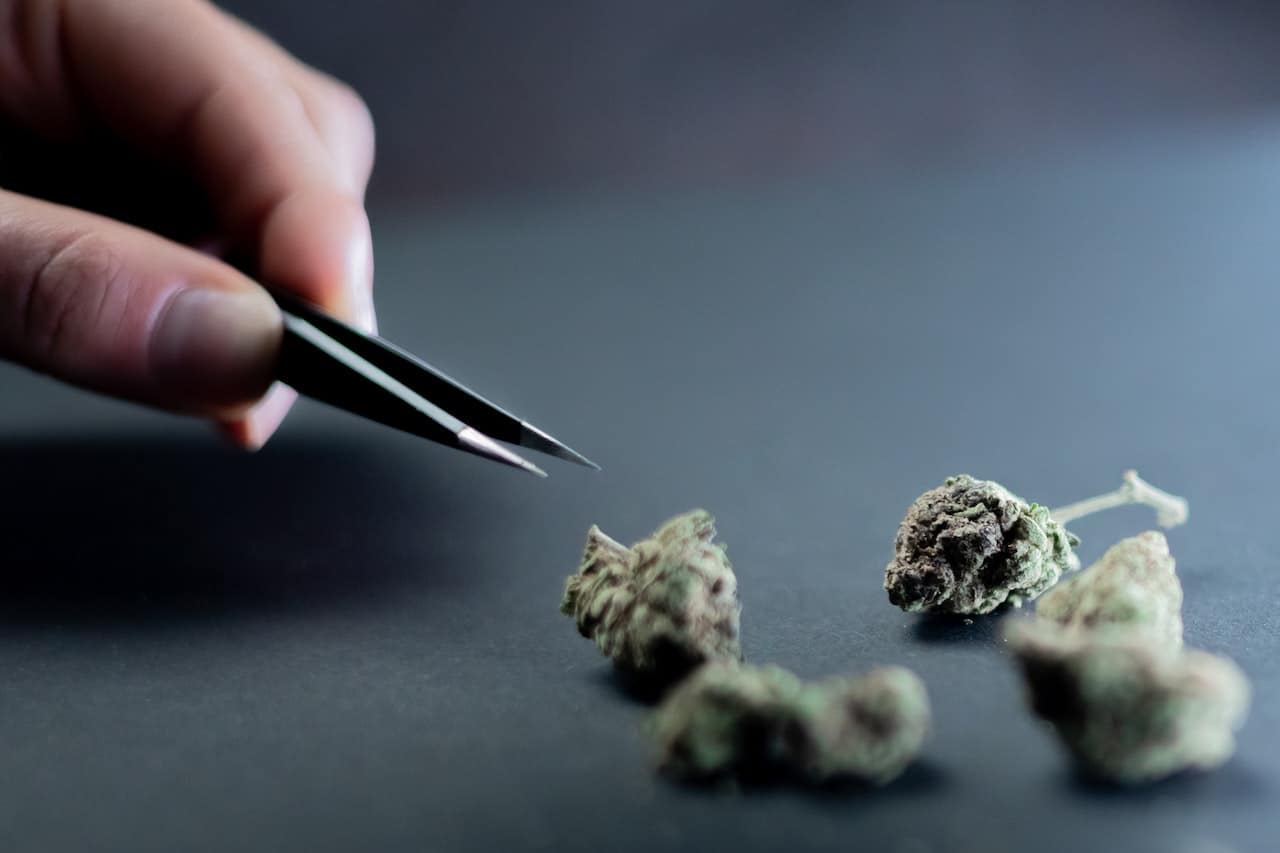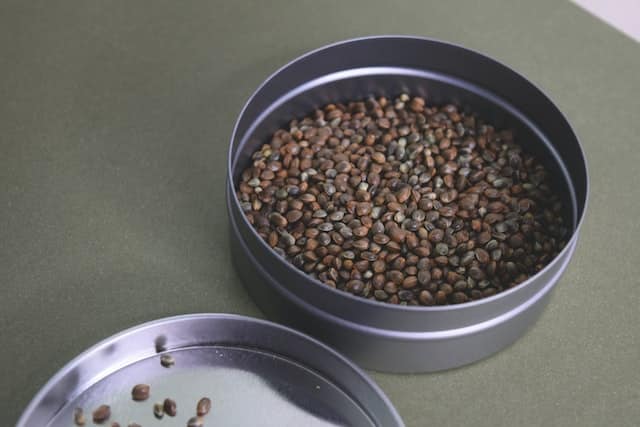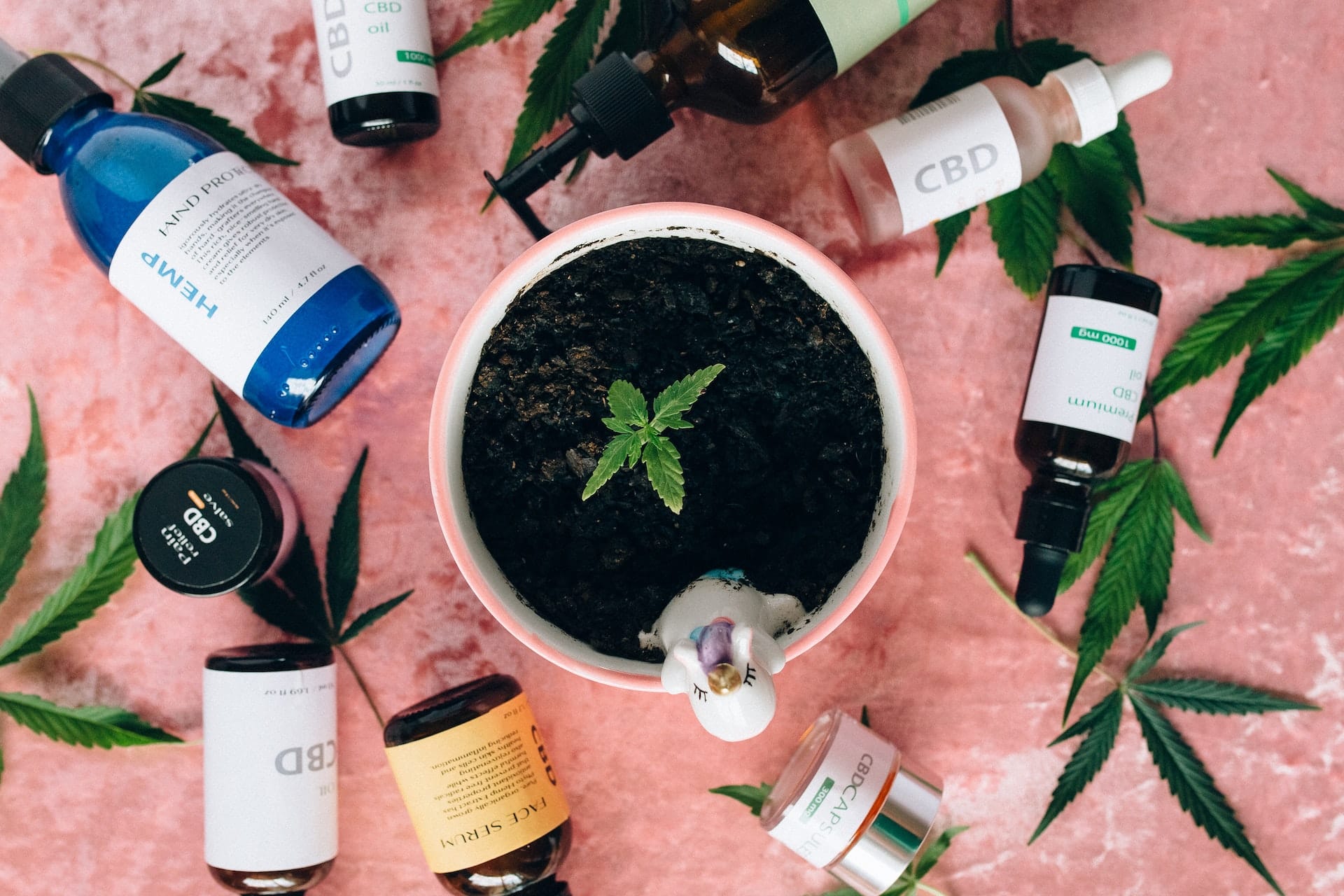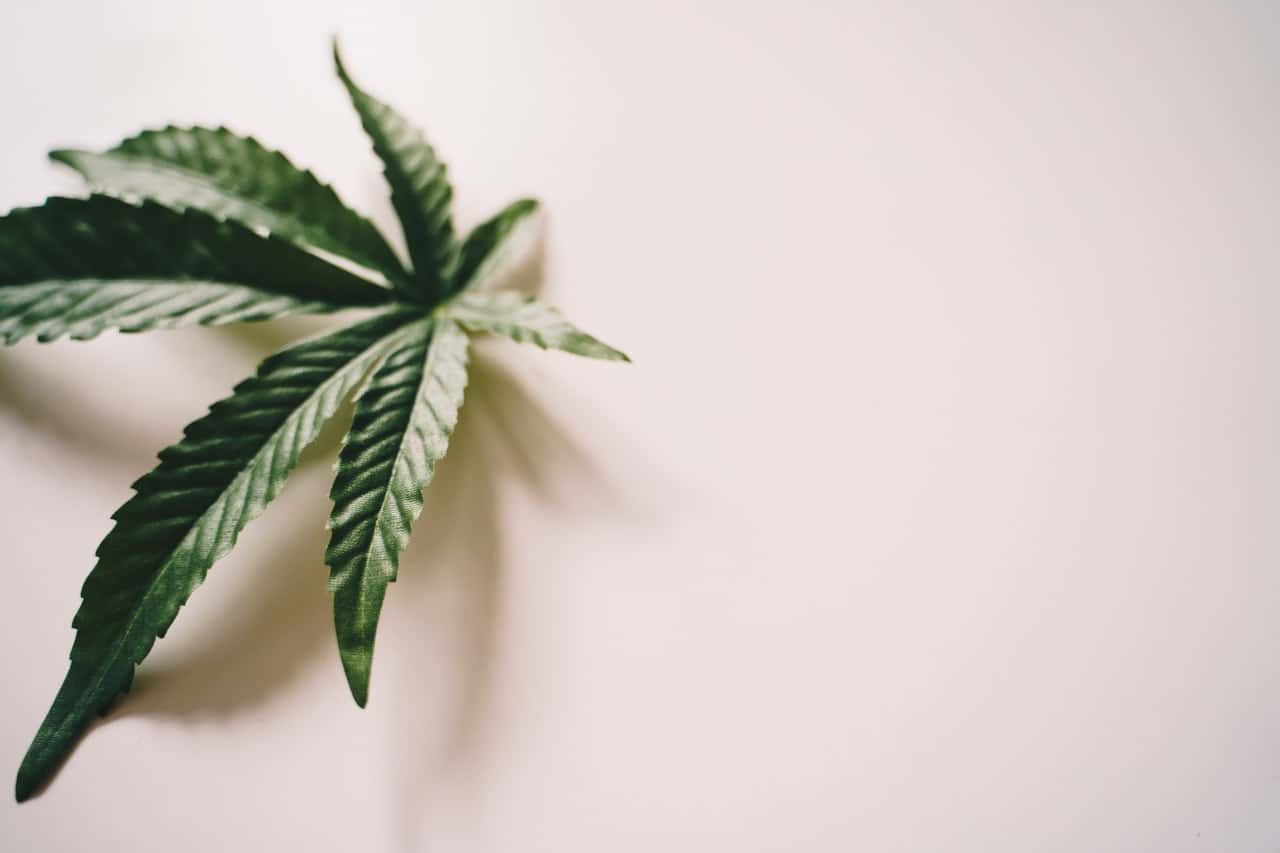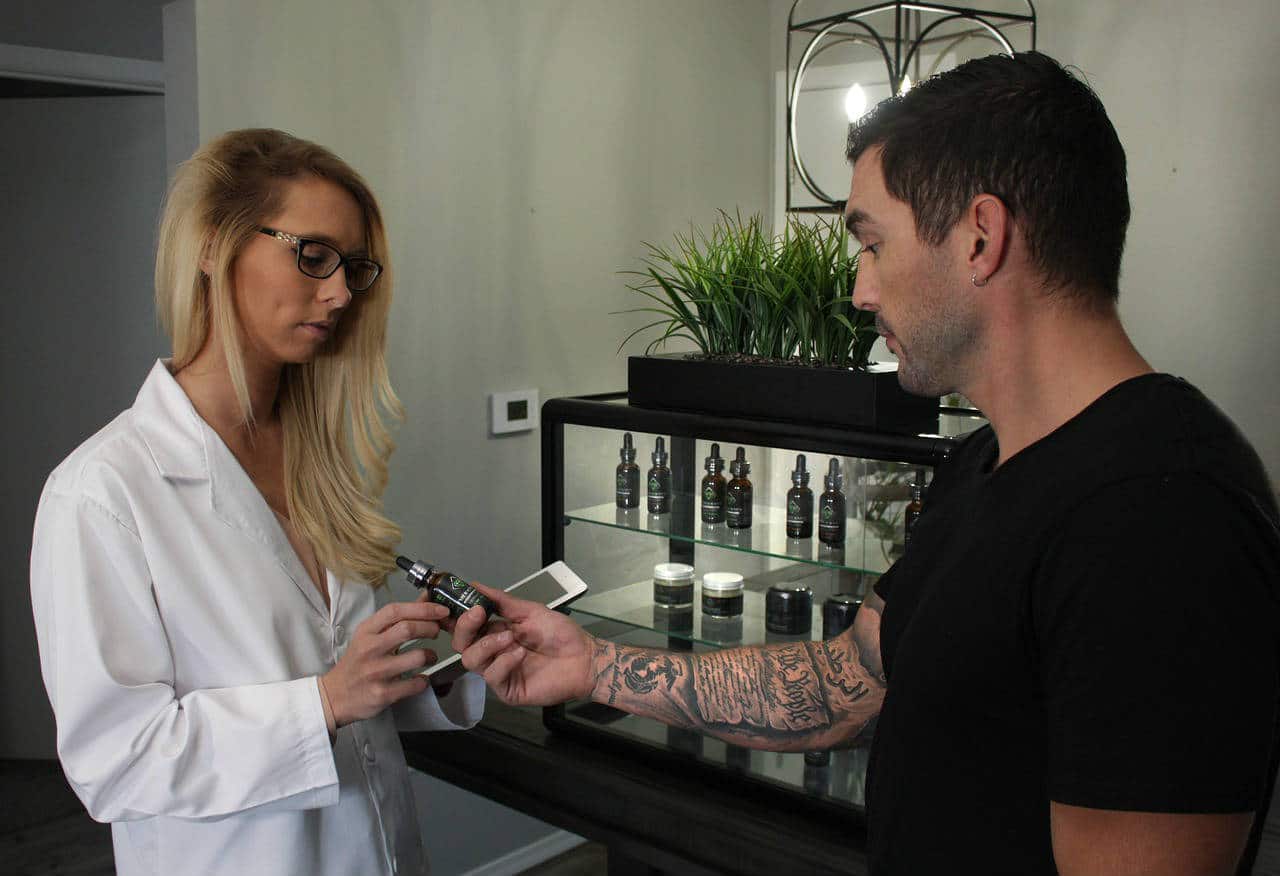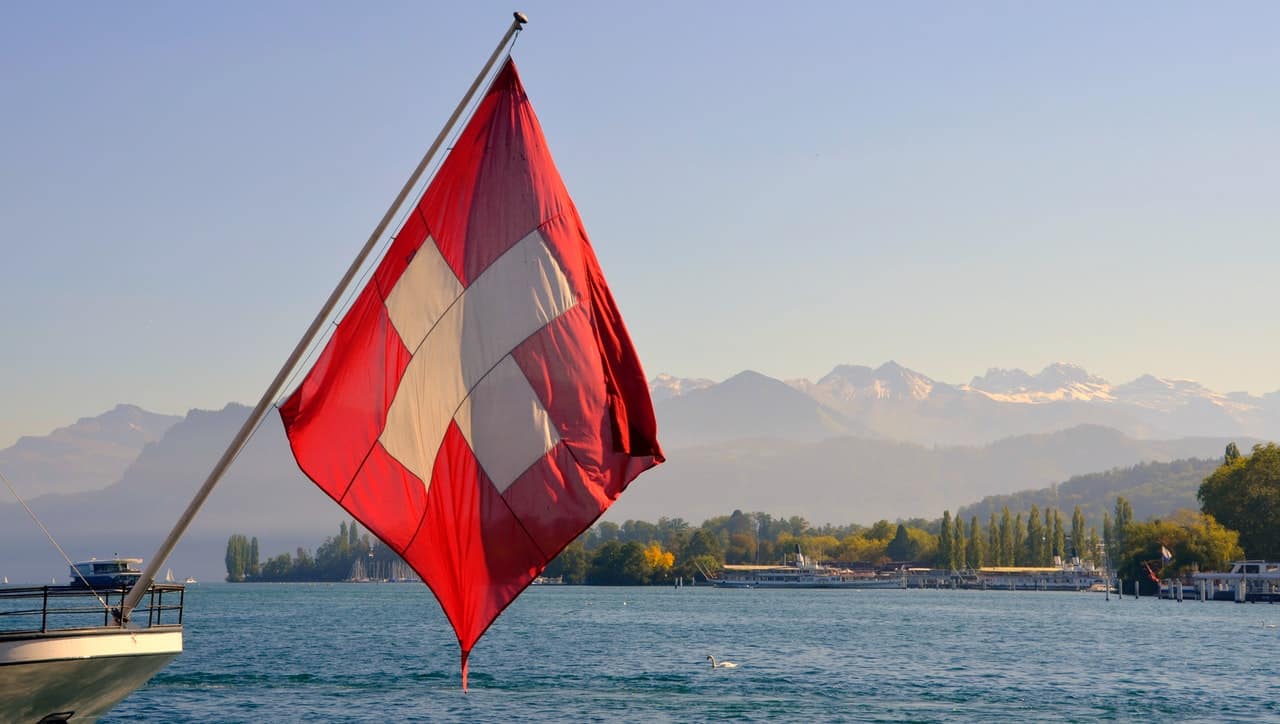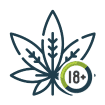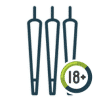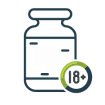CBD production in Europe
There are several CBD-producing countries in Europe. In France, the issue of hemp is particularly complicated, since its cultivation, use and consumption are regulated. However, in some of our neighboring countries, the laws are less strict, making it easier and more effective to work with hemp . But which countries in Europe produce CBD, and why are they of particular interest to us? Let's find out in the rest of this article.
What are the main CBD-producing countries in Europe?
CBD production in France
CBD production in Portugal
CBD production in Italy
CBD production in Switzerland
What about hemp in the rest of Europe?
CBD wholesalers: who do we buy from?
What are the main CBD-producing countries in Europe?
Whether you're a CBD shop offering products from a physical boutique or a dropshipping business, it's essential to reassure customers about the provenance of the products consumed and purchased.
In Europe, the main hemp -producing countries are France, Portugal, Italy and Switzerland. However, the purpose of hemp in France is very different from that of hemp in our nearest neighboring countries.
CBD production in France
France is, ironically,one of the world's leading growers of hemp . At one time, the country was even the world's leading producer. Over the years, however, demand has dwindled and other nations, such as China, have taken up the slack. Even so, our country has a wealth of expertise in the field. Today, an estimated 8,000 hectares of hemp are cultivated in France, including almost 5,000 in Champagne-Ardennes alone.
Unfortunately, the hemp plant harvested on our territory is absolutely not predestined for consumption. In fact, the buds of hemp, which generally end up as CBD flowers oroil cannabidiol, are simply destroyed. Only the stems remain. The latter are most often shipped abroad to be transformed, notably into cloth, before returning to France to be sold at the best possible price.
CBD production in Portugal
In Portugal, CBD is authorized in the same way as in France. At present, products must not exceed 0.2% THC to be allowed on the market. As a result, there are a growing number of CBD stores across the country, opening mainly in the country's major cities.
Here, the cultivation of hemp is constantly evolving. The country boasts up to 12 hours of sunshine a day, far more than some of its European neighbors, such as Germany, Luxembourg and Denmark.
On the issue of CBD in Portugal and the consumption of cannabis products in a medical setting, the country seems even more advanced than us. In July 2018, the Cannabis Bill was widely adopted and now allows the prescription of cannabis medicines andoils for people in need.
CBD production in Italy
Our Italian neighbors also enjoy a climate conducive to the cultivation of hemp and CBD products. As early as December 2018, the Italian Court of Cassation confirmed that it was possible to produce cannabis legally. For all that, Italian hemp production differs from some other countries, since the legal THC level could rise to 0.3% or even 0.5%, as part of the political class would like.
Such a decision would profoundly change the way hemp is grown in Italy, and would enable the country to establish itself ever more firmly as one of Europe's market leaders. Indeed, growers in Italy rely heavily on CBD-rich varieties, especially those cultivated outdoors. These varieties benefit from almost constant sunshine (Italy's climate is quite pleasant), wind and regular rainfall. The result is a natural, legal product.
CBD production in Switzerland
The issue of CBD in Switzerland is very different from here. CBD products are legal if and only if they don't exceed 1% THC, a much higher limit than in France. That's why it's essential to check the content of your products before ordering from a Flowers CBD supplier based in Switzerland.
This will enable you to sell legal solutions in France and, above all, to cross the border unhindered. To give you an even better chance, we strongly recommend that you have the appropriate production certificates to back up your wholesale orders.
Organic CBD cultivation in Switzerland is relatively widespread, with many farms working hemp indoors, outdoors and in greenhouses. This gives buyers and entrepreneurs a wide choice.
What the new CBD legislation says
The 0.2% THC limit is over! Indeed, a new European directive has been announced, confirming the increase in this limit from 0.2% to 0.3%. This means you can now offer CBD products for sale on your premises that are a little more potent and richer in tetrahydrocannabinol.
When asked about this, Daniel Kruse, President of the Association of hemp professionals in Europe, had a few words to say. "It's a great day for the hemp sector and another step towards a greener future for Europe. However, when compared with other countries around the world, 0.3% is still a low limit. For example, Switzerland, in the heart of Europe, has a higher figure, and other EU countries are already working with higher limits too."
Indeed, whether in the USA, Canada or Uruguay, where cannabis consumption is authorized, or in Switzerland or even Italy, where authorized levels of TCH are higher than the 0.3% announced, this limit seems a little derisory. However, it does open the door to many new varieties of hemp being cultivated and offered for sale.
CBD production in the Netherlands
Known as one of the main producers of hemp in Europe, the Netherlands authorizes the sale and consumption of THC and CBD products as long as the levels comply with those announced by the European Union (0.3%), particularly for export.
As far as hemp production is concerned, the country is the third largest producer in Europe, after France and Italy. Almost 3,833 hectares are cultivated each year! The result is a large number of CBD flowers, CBD oils and other infusions of Dutch origin.
CBD production in the Czech Republic
Since 2015, CBD consumption has been authorized in the Czech Republic. The country is even leading the way at European level, since THC levels could soon rise to 1%, well above the 0.3% announced by the European Union. But what about the production of hemp ?
Even so, production at hemp remains fairly anecdotal compared with the European giants. And yet, in the mid-2000s, the country was at the cutting edge. Indeed, there were almost 1,600 hectares of hemp under cultivation, compared with... around 200 today. The awakening of a giant?
CBD production in Austria
Austria alone accounts for almost 4% of Europe's total hemp production. Cultivation of hemp is legal in Austria, but growers must obtain a legal permit from the authorities to avoid any risk. CBD consumers, on the other hand, can consume any type of product (or cosmetics) as long as it contains up to 0.3% THC!
What about the rest of CBD Europe?
Many other countries also work with and cultivate hemp. The Netherlands in particular, although its cannabis legislation is much more flexible and open, suggesting that cannabis cultivation is much more widespread there. In Germany, Luxembourg and Denmark, cannabis cultivation is also booming. hemp In Germany, Luxembourg and Denmark, cannabis cultivation is also booming, especially as these countries seem to be in agreement about legislating cannabis use. Even in Spain, it's an interesting opening, offering new prospects.
In this respect, Europe seems to be opening up more and more to the subject, and could see new hemp and CBD-producing countries emerge in the years to come. France, a little behind the curve, has a role to play and could meet the growing demand from CBD suppliers, CBD shops and consumers, particularly in a therapeutic context.
Who do we buy from?
Supplier of Flowers CBD and CBD products of all kinds, we source from companies and farmers all over Europe. Whether in Switzerland, Italy or Portugal, we work with qualified professionals renowned for the quality of their products. Do you have a question about our various offers or about the origin of a particular product at your cbd wholesaler? Please do not hesitate to contact us. We look forward to hearing from you.

